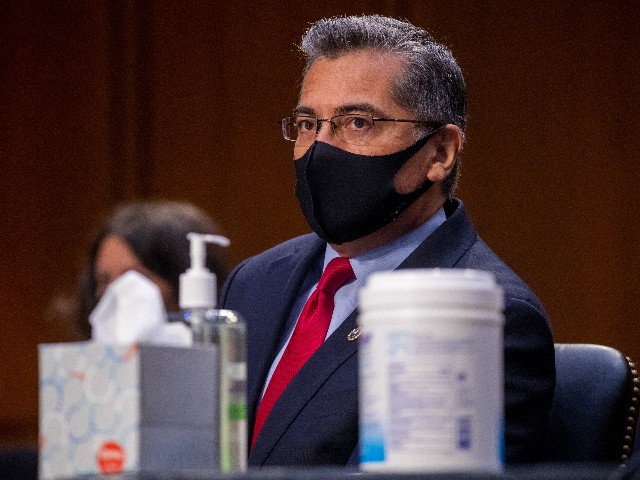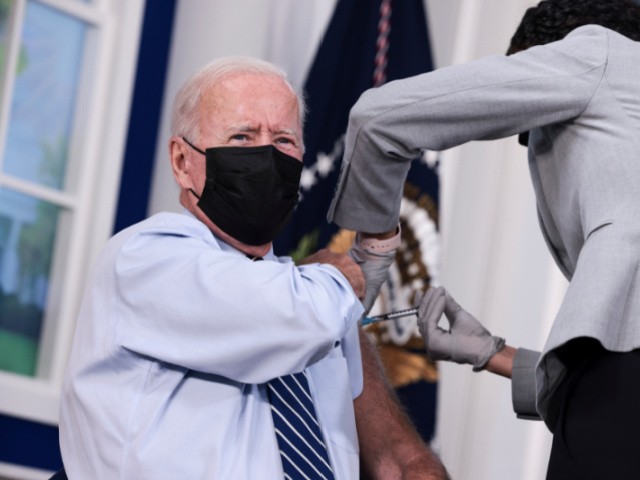Most Americans are not worried at all or not too worried about contracting the Chinese coronavirus, even as public health officials warn of a “resurgence” this fall, a poll from The Economist/YouGov found.
The survey asked respondents, “Taking into consideration both your risk of contracting it and the seriousness of the illness, how worried are you personally about experiencing COVID-19?”
Overall, 54 percent indicated that they are not worried, and of those, 24 percent are “not worried at all” while 30 percent say they are “not too worried.” One-third, 33 percent, are “somewhat worried,” followed by 13 percent who remain “very worried.”
Democrats are far more worried than independents or Republicans, as 65 percent expressed at least some worry, compared to 60 percent of independents and 68 percent of Republicans who are not very concerned.
The survey also found that 42 percent “never” wear a mask outside their home, followed by 27 percent who said they do “some of the time.” Another 16 percent said they wear one most of the time, and 15 percent said they “always” wear a mask, over two years after the start of the pandemic.
Further, most Americans, 58 percent, believe the worst part of the pandemic is “behind us,” while just 11 percent believe it will get worse.
The survey was taken August 13-16 among 1,500 U.S. adults and comes as U.S. officials continue to sound the alarm over a “resurgence” of the virus this fall.
“What I will tell you is that come the fall and winter, most everyone who’s an expert on pandemics and these viruses will tell you there’s a strong chance that we’ll see a resurgence of the virus — whether it’s the variants that we have now or new variants, and we gotta be ready,” Xavier Becerra, President Joe Biden’s Health and Human Services (HHS) secretary told Just the News in July.

Secretary of Health and Human Services Xavier Becerra looks on prior to the Senate Health, Education, Labor, and Pensions Committee hearing to discuss reopening schools during the COVID-19 pandemic on Capitol Hill on September 30, 2021, in Washington, DC. (Shawn Thew-Pool/Getty Images)
Meanwhile, some college campuses, such as Rutgers University, are continuing to keep mask mandates and vaccine requirements in place for the new school year, even though studies show typical cloth and surgical masks do little to nothing to reduce the spread of the virus.
Critics also point to the fact that vaccines do not seem to curb the actual spread of the virus either, with President Biden standing as the latest high-profile example, contracting the virus despite being quadruple vaxed.


COMMENTS
Please let us know if you're having issues with commenting.